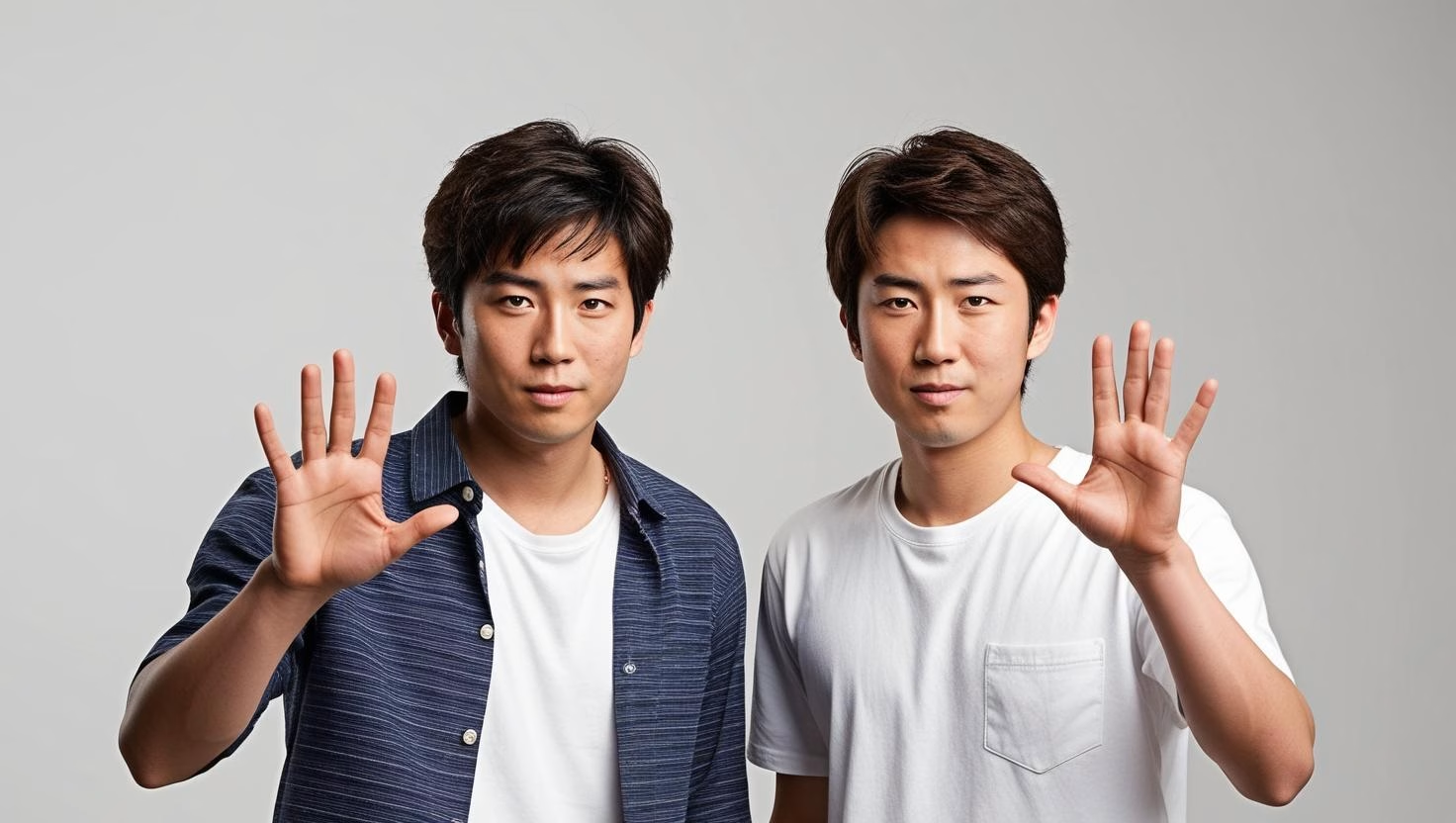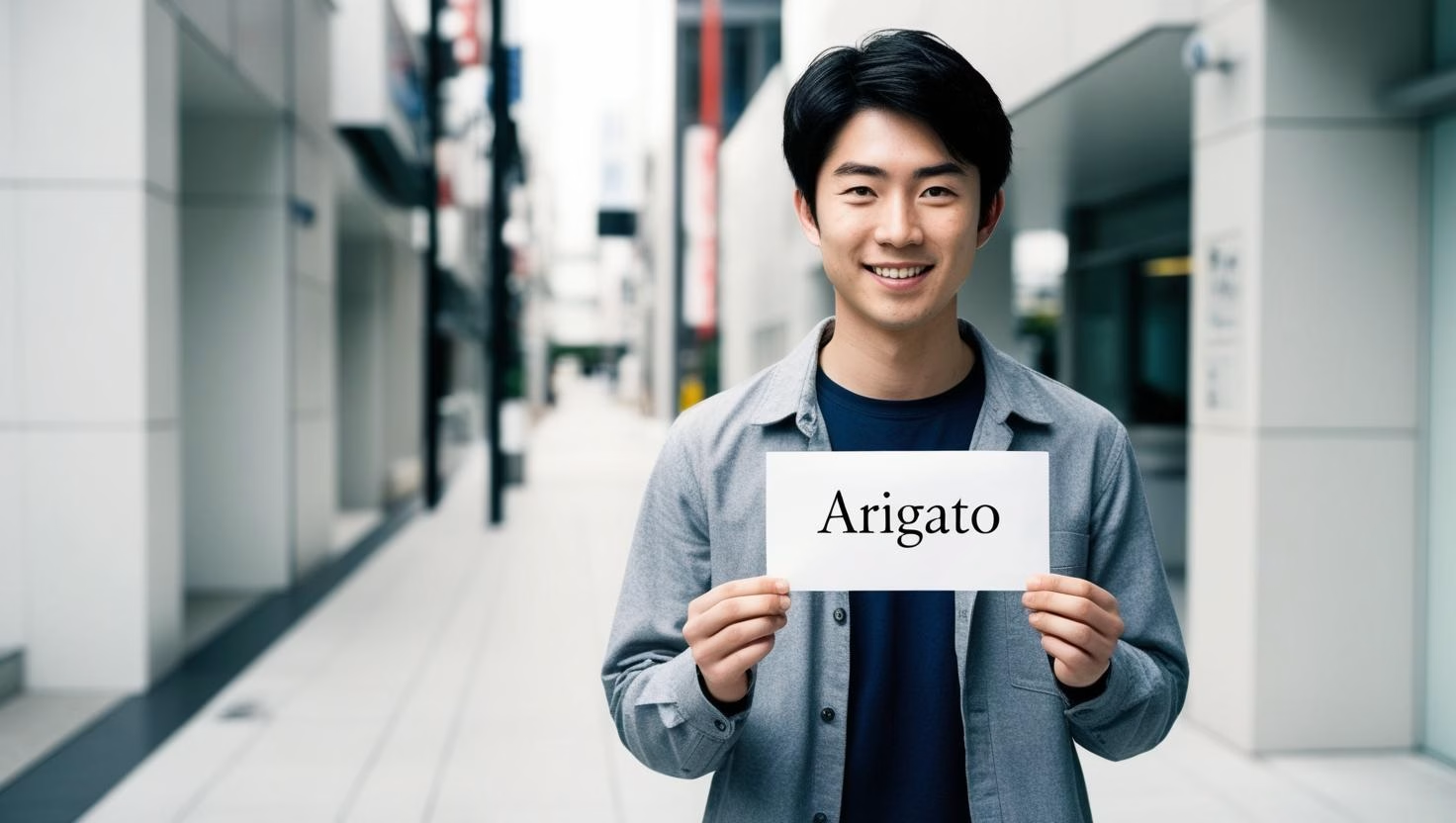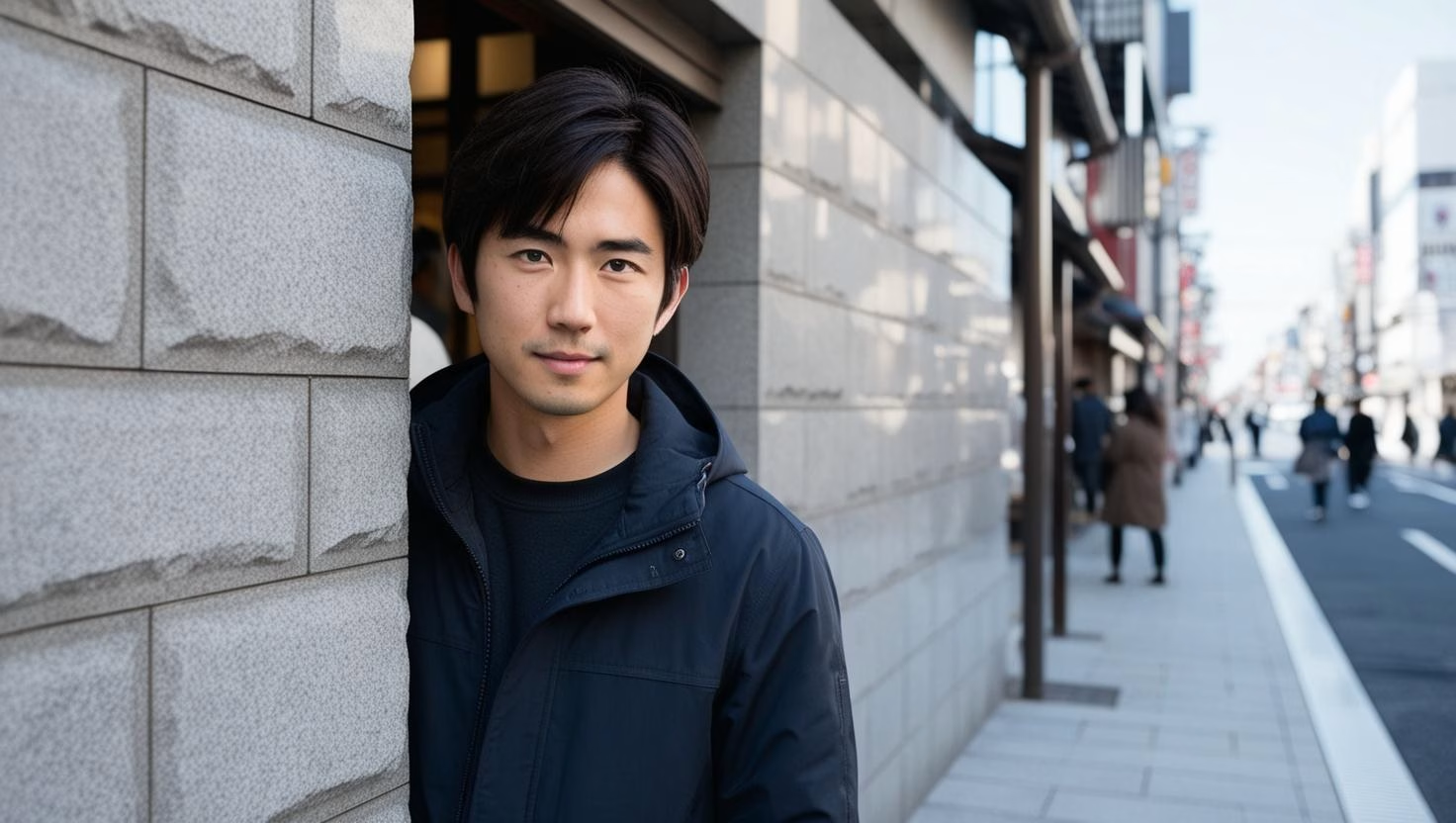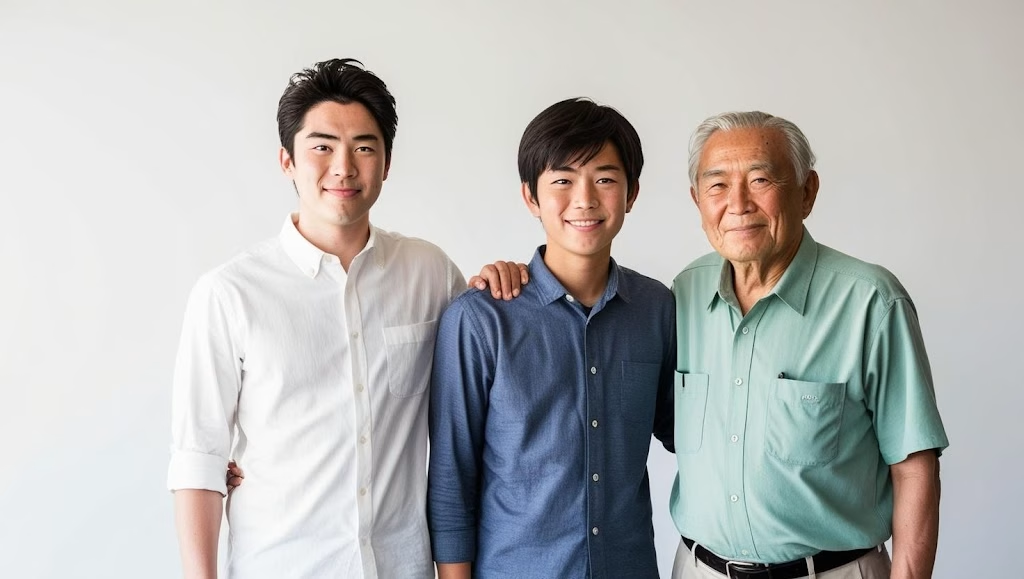The Japanese word yabai is a very popular term, especially among young people. It is often used in a variety of contexts, allowing its users to express a range of emotions, from worry to surprise to admiration. While its basic meaning is often associated with dangerous or bad situations, the meaning of the word yabai has evolved and become more diverse. This article aims to explain more about the word yabai, including its origins, the contexts in which it is used, and its role in Japanese pop culture.
Key Points
The word Yabai is a term originating from the Japanese dialect that originally meant “dangerous” and has now evolved into a broader expression.
This term is often used among teenagers and provides a more familiar tone in everyday communication.
The use of the word yabai has permeated Japanese pop culture, becoming an integral part of anime, manga, and music.
This word has also found its place in digital communication on social media, creating bridges between different walks of life.
Origin and Etymology of the Word Yabai
The word yabai (ヤバい) is thought to have originated from slang used by professional thieves and con artists and was already in use in the late Edo Period (1603-1868), when it was pronounced yaba. Some say that the word is derived from the word ayabui, meaning dangerous. Literally, “yabai” can be interpreted as “dangerous” or “critical”. However, over time, the context of its use began to expand. The word was taken from terms relating to danger or undesirable situations, which were then applied in a more relaxed and informal context.
The use of the word yabai is increasingly popular among the younger generation and is often used when they talk to friends. In many cases, “yabai” is used to express surprise, awe, or even happiness. For example, when seeing something amazing, someone might shout, “Yabai!” to show their amazement. Therefore, the word has evolved from a negative meaning to a more flexible and positive term.
In terms of socio-culture, the use of the word yabai reflects the changing dynamics of communication among the younger generation in Japan. With social media and popular culture growing rapidly, the word has found a place in song lyrics, movies, and various other digital content. This shows how the Japanese language, especially slang terms, continues to adapt and develop along with the changing times.
One interesting thing to note is how the word yabai is perceived outside of Japan. Many fans of anime and Japanese pop culture have become familiar with the term and have begun using it in their everyday conversations, though not always in the right context. This shows just how pervasive the influence of the Japanese language and culture is, and how a term that was once limited can become part of the global lexicon.

Use of Yabai in Daily Life
In everyday life, the word yabai is often used in various situations. For example, when someone faces a thrilling or tense situation, they tend to say this word. Another example is when someone experiences a surprising event, they can also shout “yabai!”.
In fact, among the younger generation, the word yabai can be used in a joking tone. For example, a friend might say, “Yabai! You really did that?” when surprised by something silly or unexpected. In this context, the word not only functions as an expression, but also as a bridge for warmer and more intimate social communication.
Using the word yabai is not just about conveying emotions. It is also a way to show sensitivity to the situation. If someone does something and the result is far beyond expectations, a spontaneous reaction with the word “yabai” can indicate understanding and appreciation of the situation. Thus, this word is used to strengthen social relationships and help improve the atmosphere in conversations.
In addition, the word yabai is also increasingly used in the media world, such as movies and television programs. Characters in anime or dramas often use this term to express their reactions to certain conditions, making this word increasingly well-known. In other words, "yabai" serves as a symbol to bridge generational differences and as a means of communication between each other.
Yabai in the Context of Japanese Pop Culture
Japanese pop culture, including anime, manga, and music, has internationalized many slang terms, including the word yabai. In many anime shows, characters often use this word to express various emotions, both positive and negative. This makes “yabai” a very recognizable term, not only in Japan but also in other countries.
For example, in anime, if a character witnesses something amazing, they might exclaim “Yabai!” as an expression of awe. This not only makes it more relatable to the audience, but it also creates a cultural bridge that allows outsiders to understand the situation the character is in. When people from different cultures use the term, they contribute to the spread of the phrase and introduce it to a global audience.
In addition, in Japanese pop music, the term “yabai” also often appears in lyrics. Many musicians choose to use this term to arouse the emotions of the listener, creating a more lively atmosphere in their songs. With various contexts, the word “yabai” has become an important part of the popularity of many artists, adding to the appeal of their work.
From a linguistic perspective, this phenomenon shows how language can be distributed and adapted. The change in meaning from a simple term to a more complex one shows the flexibility of Japanese and its ability to adapt to the dynamics of pop culture.
Differences in the Use of Yabai in Various Circles
The use of the word yabai can vary depending on social circle, age, and cultural context. Among teenagers, the term is more often used in a lighthearted and cheerful context, while among adults or older people, the use of “yabai” tends to be limited to serious or dangerous situations.
For example, among young friends, the word yabai may be used in an exaggerated or humorous manner during casual conversation. Friends may throw the word “yabai” at each other when describing a failed or ridiculous situation. On the other hand, adults may use the word more seriously, such as in the context of a warning or when describing an unsafe situation.
Similarly, the word yabai can have positive or negative connotations depending on intonation and context. While many people are comfortable using the term, they still consider who their audience is. Therefore, sensitivity to social background can affect how often the word is used in various situations.
The differences in the use of the word yabai increase its ability to adapt. Modern Japanese society continues to change the use of their language by integrating slang terms into everyday communication. This shows how language continues to breathe and live in diverse social contexts.
Yabai's Impact on Digital Communication
Along with the rapid development of information and communication technology, the term "yabai" is increasingly used on social media and other digital platforms. On platforms such as Twitter and Instagram, this word often appears in various tweets and captions, which shows how this term has become part of the digital vocabulary of society.
For example, someone might post a photo of their amazing experience with the caption “Yabai! This is amazing!”. This shows that the user is not only expressing their awe but also trying to share the moment with their audience. In this context, “yabai” becomes a way to build further connections with online friends and followers.
In addition, memes using “yabai” have also started to appear on the internet, increasing its reach and popularity. These memes often depict humorous or dramatic situations that make the word even more relevant to social media users. This also shows how the term is able to adapt to various contexts, from formal to humorous conversations.
The impact of “yabai” in digital communication is not only limited to controlling personal conversations. Interestingly, this term has also begun to be used by various brands to interact with customers. For example, marketing campaigns that focus on the younger generation often integrate this slang term to please and interest their audience. This indicates that “yabai” does not only function as a term, but also as an effective marketing tool in an ever-changing world.
Conclusion
The Japanese word “yabai” is an example of a branching and evolving language subculture. From its origins indicating a dangerous context, the term has successfully transformed into an expression that can be used in a variety of situations. Moreover, “yabai” has become a symbol of youthful tendencies when communicating, and influences the way people interact both in everyday conversation and in the digital world. With its increasing popularity, “yabai” has not only become part of the Japanese language, but also reflects the dynamics of modern culture that continues to adapt.
FAQ
What is the literal meaning of the word “yabai”?
The literal meaning of “yabai” is “dangerous” or “critical”, but in its usage, the word has become more flexible.
In what contexts is “yabai” often used?
“Yabai” is usually used to express admiration, surprise, or when facing a thrilling situation.
Why is “yabai” becoming popular among young people?
The word “yabai” has become popular due to its flexible use in various contexts, coupled with the influence of social media and Japanese pop culture.
How is “yabai” used in Japanese music and films?
In Japanese music and films, “yabai” is often used by characters to express emotions, adding depth to the perception of the situation being experienced.

















